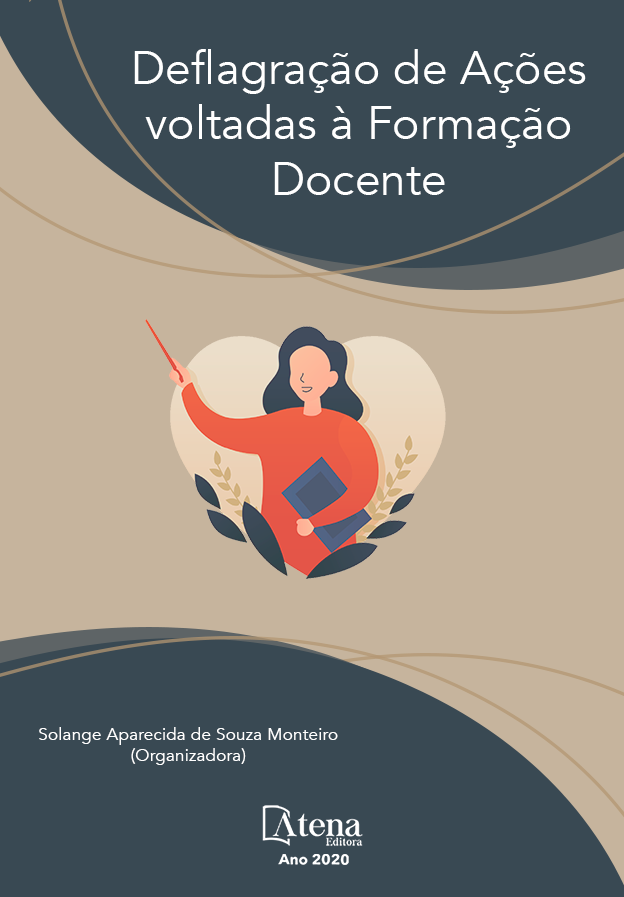
A VARIAÇÃO LINGUÍSTICA NO ENSINO MÉDIO: UMA PERSPECTIVA DE ENSINO DE LÍNGUA A PARTIR DO LIVRO DIDÁTICO PORTUGUÊS 3 – SER PROTAGONISTA
A partir das recomendações oficiais, como as trazidas na Base Nacional Comum Curricular (BRASIL, 2017) e nos Parâmetros Curriculares Nacionais (BRASIL, 2000), analisar-se-á como a obra Português, da coleção Ser Protagonista (BARRETO, et al. 2010), destinada ao 3º ano do Ensino Médio, abordou a temática variação linguística, uma vez que se prevê ao componente curricular língua portuguesa a mobilização dos letramentos por meio de textos em que os alunos reconheçam diversas práticas de uso da língua considerando as necessidades de interação nos diferentes contextos de produção. Adotou-se, como parâmetro avaliativo, as perguntas formuladas por Bagno (2007) e Lima (2014) sobre a adequação do tratamento dado pelos livros didáticos aos fenômenos de variação e de mudança linguísticas, além das contribuições da Sociolinguística. Observou-se que Barreto (et al. 2010) a) utilizaram diferentes gêneros textuais em que as variantes linguísticas representavam situações reais de uso da língua; b) a variação no livro didático não se limitou ao sotaque e ao léxico, uma vez que fenômenos gramaticais também foram contemplados; c) explicitaram que a variação ocorre tanto na fala quanto na escrita; d) exemplificou a variação diatópica por meio de gírias da Língua Brasileira de Sinais; e e) distinguiram a norma-padrão dos usos linguísticos autênticos dos falantes urbanos letrados (norma-culta). Mesmo que Português não seja o livro didático adotado na escola, está na biblioteca entre as obras disponíveis para escolha do professor, por isso, acredita-se que o resultado deste texto contribuirá na preparação de aulas de língua portuguesa sobre variação linguística.
A VARIAÇÃO LINGUÍSTICA NO ENSINO MÉDIO: UMA PERSPECTIVA DE ENSINO DE LÍNGUA A PARTIR DO LIVRO DIDÁTICO PORTUGUÊS 3 – SER PROTAGONISTA
-
DOI: 10.22533/at.ed.81120090913
-
Palavras-chave: Ensino Médio. Livro didático. Variação linguística. Língua. Ensino.
-
Keywords: High School. Textbook. Linguistic variation. Language. Teaching.
-
Abstract:
Based on official recommendations as from by the National Common Curricular Base (BRASIL, 2017) and the Nacional Curriculum Parameters (BRASIL, 2000), in this text will be analyzed as the Português book, from the collection Ser Protagonista (BARRETO, et al. 2010), wich is destined for the 3rd level of brazilian High School, discussed the theme of linguistic variation, since the Portuguese language curriculum component is expected to mobilize literacies through texts in which students recognize different practices of language use considering the needs for interaction in different contexts of production. It was used as an evaluative parameter the questions asked by Bagno (2007) and Lima (2014) on the adequacy of the treatment given by textbooks to the phenomena of linguistic variation and change as well the contributions of Sociolinguistics. It was observed that Barreto (et al. 2010) a) used different textual genres in which the linguistic variants represented real situations of language use; b) the variation in the textbook was not limited to the accent and the lexicon, since grammatical phenomena were also considered; c) explained that the variation occurs both in the speech and in the writing; d) exemplified the diatopic variation by slang from the Brazilian Sign Language; and e) and distinguished the standard norm from the authentic linguistic uses of literate urban speakers (culture norm). Even if Português is not the textbook adopted at school, it is in the library among the works available for the teacher to choose, therefore so it is believed that the result of this text will contribute to the preparation of Portuguese language classes about linguistic variation.
-
Número de páginas: 13
- Carla Regina de Souza Figueiredo
- Mayara Mayre Silva dos Santos


